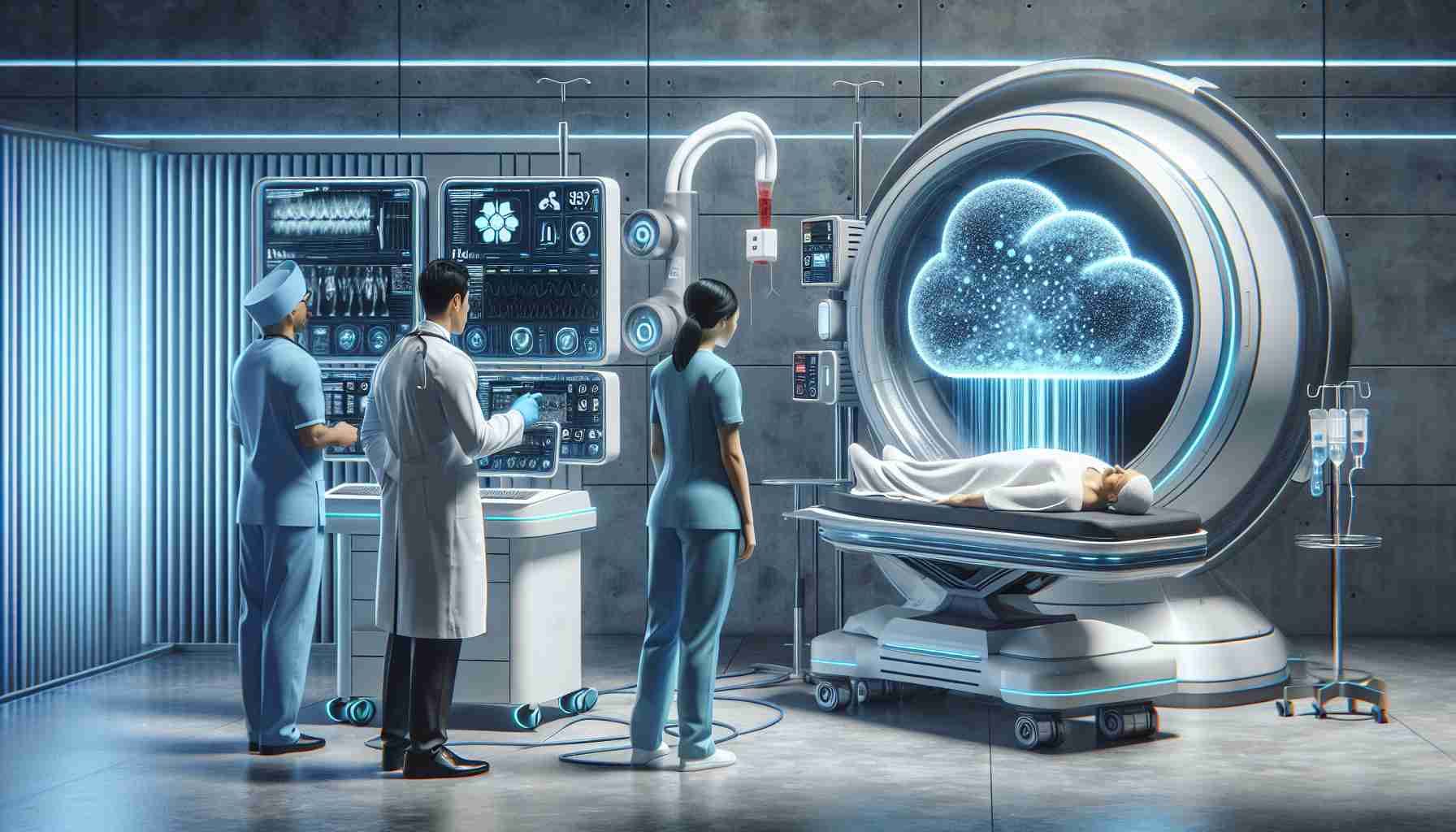Artificial intelligence (AI) as a supportive tool in healthcare has been progressively advancing, offering enhancements in various operational aspects of medicine. Its range spans from simple administrative duties like recording appointments and generating detailed patient histories, to more complex tasks such as improving diagnostic accuracy through image analysis.
A notable example is the Italian Hospital’s Health AI program, which precedes the advent of popular AI tools like ChatGPT, where they pioneered two AI systems aimed at chest radiographs and mammography. The AI models assist physicians by providing an additional layer of analysis, particularly in detecting breast cancer, where they have shown potential to identify 20% more tumors compared to traditional methods. This improvement in detection not only exemplifies the utility of AI in healthcare but also emphasizes its role in delivering more objective medical assessments.
While the integration of AI into medical practice is lauded for increased diagnostic precision, it doesn’t come without its challenges. Dr. Martina Aineseder highlights the importance of understanding the AI tools’ training and function to responsibly leverage their capabilities while averting biases, particularly during the automation of processes. Similarly, the responsible application of these technologies is a domain where the human physician’s expertise remains irreplaceable, as AI on its own can fall short in complex medical emergencies due to limitations in its programming and lack of human intuition.
As medicine continues to intersect with technology, healthcare professionals like Aineseder stress the need to adapt to their evolving roles. AI’s assistance is not without flaws, and its optimal use in the healthcare system remains inherently linked with the knowledge and experience of medical experts.
Emerging AI Market Trends in Healthcare
The market for AI in healthcare is experiencing rapid growth, driven by the increasing availability of data and advancements in analytics technologies. Key trends include leveraging AI for telemedicine, predictive analytics, patient triage, drug discovery, personalized treatment plans, and operational efficiency.
AI Healthcare Forecasts
Experts predict that the healthcare AI market will continue to expand significantly. According to various market research reports, the AI in healthcare market could surpass $34 billion by 2025. The expected growth is attributed to the rising demand for precision medicine and the ongoing digital revolution in healthcare data management.
Challenges and Controversies
One of the primary challenges faced in integrating AI into healthcare is data privacy and security concerns. With increased AI usage, ensuring patient data confidentiality while abiding by regulations such as HIPAA is paramount.
There is also the ethical controversy surrounding AI decision-making in healthcare, the potential for algorithmic bias, and issues of trust and accountability, which remain topical debates in the medical community.
Advantages of AI in Medical Diagnosis
The benefits of AI in medical diagnosis are substantial. Its capabilities to process and analyze large volumes of data quickly enable it to identify patterns that may be imperceptible to humans, leading to early and more accurate diagnoses. This can contribute to better patient outcomes, reduced lengths of hospital stays, and overall cost savings in healthcare systems.
Disadvantages of AI in Medical Diagnosis
However, the disadvantages include the risk of over-reliance on technology, potential operational challenges during its implementation, and the need for continuous monitoring to ensure the AI systems remain up-to-date with the latest medical knowledge and practices.
Related Information
Here are some additional resources that may offer further insights into the current state and future of AI in healthcare:
– For an overarching view of AI technology trends across various industries: Forbes
– For the latest in AI advancements and data protection guidelines: MIT Technology Review
– To explore healthcare market research and AI forecasts: Grand View Research
– For ethical discussions pertaining to AI in healthcare: Wired
Incorporating AI into medical practice necessitates a balanced approach, recognizing that while AI can support and enhance the diagnostic process, it is not a substitute for the critical judgment and expertise of healthcare professionals. The collaborative efforts between AI capabilities and medical professionals’ skills are what will propel the future of healthcare toward more personalized and efficient patient care.
The source of the article is from the blog hashtagsroom.com

